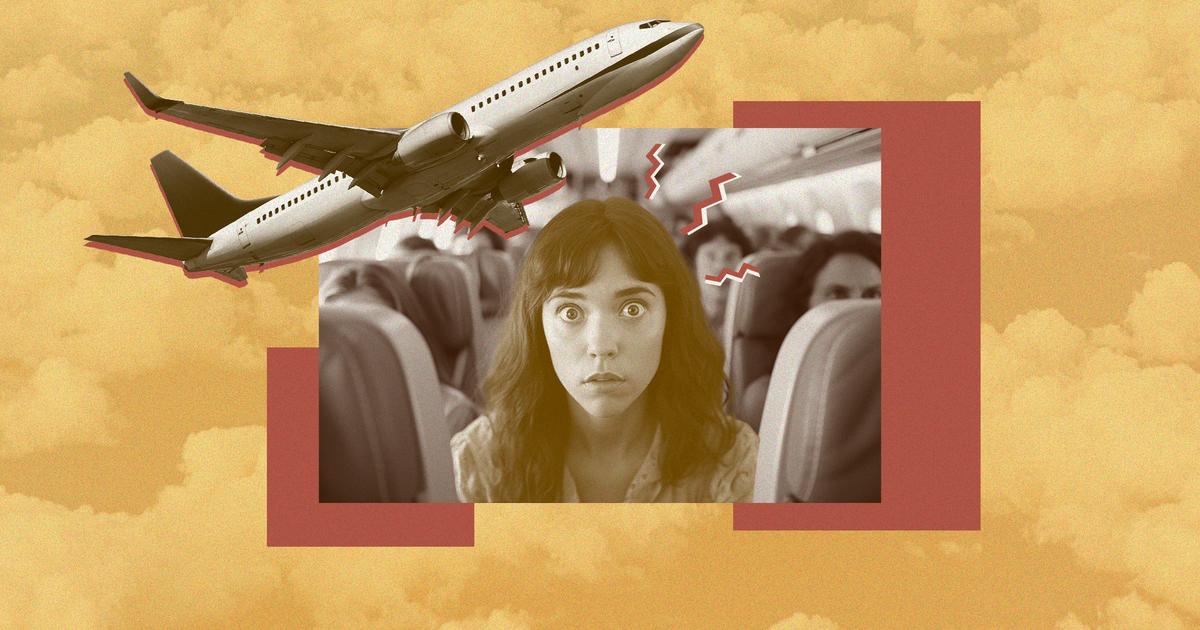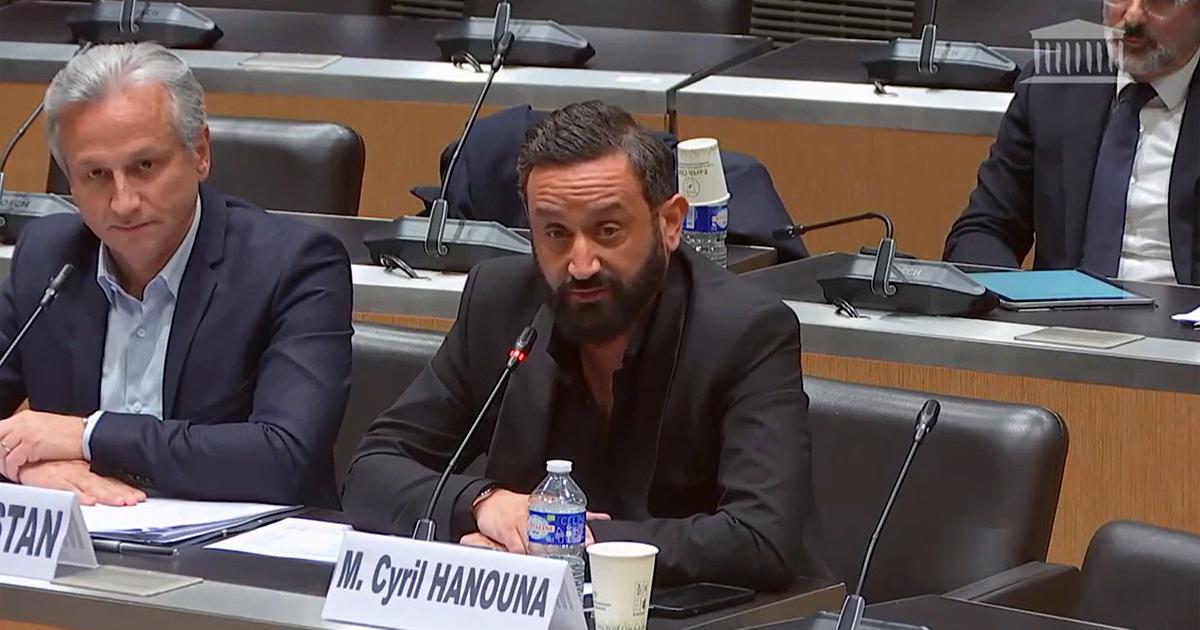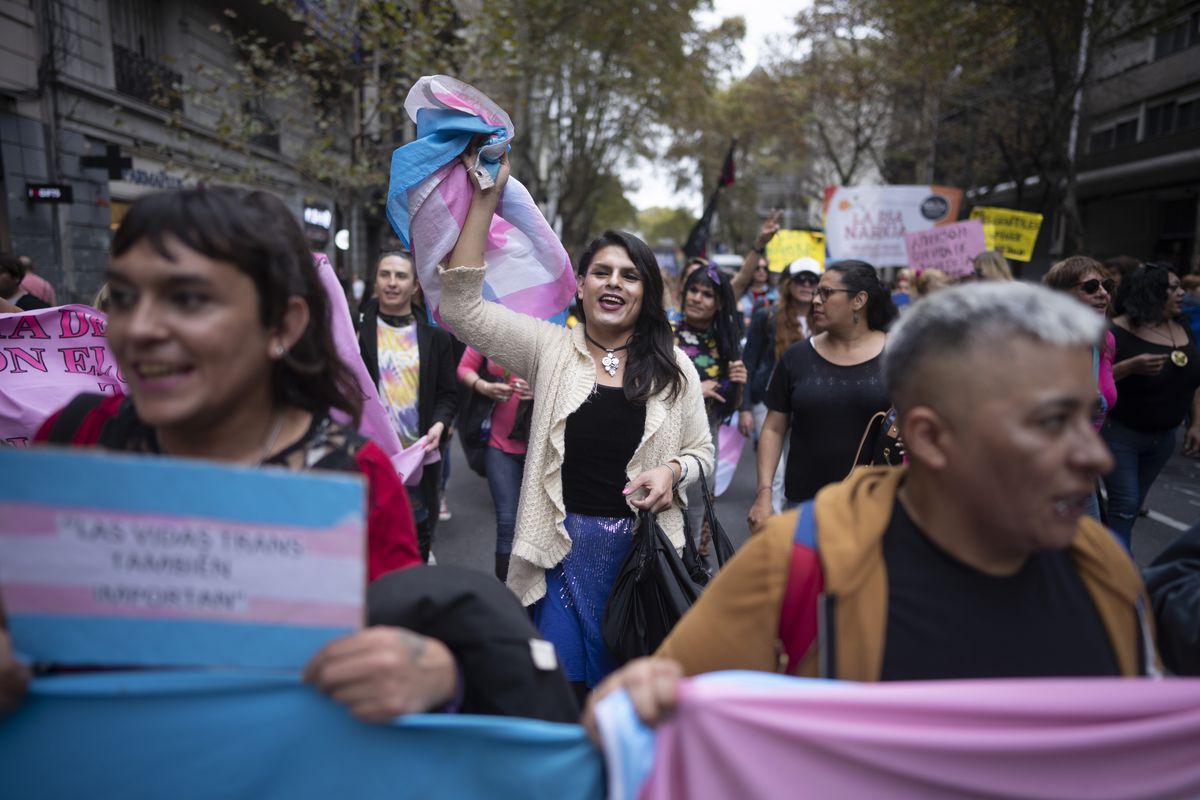A large tree covers three worn and chipped plywood and iron tables in the middle of a field with its shadow of more than 10 meters.
Where today 15 children receive classes, there used to be a garbage dump.
“I sent a letter to the municipality so that they could come to clean it up,” Dennisse Toala resolves with a normality and ease that is unbecoming of his age.
He is 17 years old and has just finished high school.
She is one of the teachers who improvised classes in one of the most inhospitable and neglected areas of the Ecuadorian city of Guayaquil, where neither water nor electricity reaches: Mount Sinaí.
That open-air space in which children review vowels and numbers is the most remote point of that sector of irregular settlements.
Before arriving, the paved streets of the city turn into roads with a precarious cement that later become paths of stone and dust and, just at the end of the route, a clayey quagmire.
But there, there is a ray of opportunity for the students most at risk of exclusion not to miss the course.
Without internet, it is impossible for them to follow the official virtual classes that Ecuador imposed when the covid-19 pandemic began a year ago.
Photogallery |
My school is under a tree
Liam and Gael are two three-year-old twins.
They jump hopscotch while counting the numbers.
The other children of his level wait for their turn.
They don't fight.
They smile.
It is unlikely that, given their age, they are aware of the importance of the work that the young graduate one day took on without being asked.
Thanks to her, all the students who have passed through her classes have passed the course and, if a new school year begins in May in person, they will not have been left behind.
More information
SPECIAL |
A year without stepping on my school
Classes without students, students without classes
Costa Rica: the studious student returns eagerly
An official evaluation, after delivering the complete portfolio of homework for each student to their school, endorses the ten months that they have received subjects, surrounded by land and green mountains.
"I actually want to be a physical therapist," says Toala.
"With what you've gotten here, haven't you thought about being a teacher?"
"No, it's not something that motivates me that much."
If it doesn't appeal to me, I'm not going to do it right, ”she replies, still wearing the shorts of her college sports uniform.
“I do it now because I am excited to be helping and meeting this need.
The motto is to learn to teach and each child teaches his siblings and even his parents, ―reason with the poise of an adult and the body of an adolescent.
A week ago he threw a graduation party to kick off the holidays.
Four students do their homework outdoors in one of the classes that are taught informally in Monte Sinaí, one of the poorest neighborhoods in Guayaquil.
Click on the image to see the complete photo gallery.
Miguel Canales Leon
The next course begins on May 7 in the Costa region of the Andean country, but there is no certainty that face-to-face classes will be resumed.
In the Sierra region and in the Amazon, the course started in September;
In March, Ecuadorian authorities allowed 77 schools to regain face-to-face education as part of a pilot plan that Guayaquil has, for now, resigned.
Meanwhile, Ecuador, which has just received the first batch of AstraZeneca vaccines from the Covax initiative, maintains the increase in coronavirus infections: the country accumulates 307,000 confirmed cases and 16,333 deaths from the virus since the beginning of the pandemic, with a daily average of more than 1,300 new patients in the last seven days.
Neither Liam, nor Gael, nor Sebastián nor the other boys and girls up to 15 years of age who have reviewed lessons with Professor Toala are today in the discouraging statistics of school dropout that UNICEF has just presented in Ecuador.
More than 90,000 children - out of 4.4 million - have dropped out due to the difficulties of following virtual classes, and 61.2% admit that this year they have learned less.
Some do not have internet at home or must share it with their siblings;
others do not have a computer or electronic tablet;
others, like many of those who live on Mount Sinai, do not even have tables in their homes.
Only two out of 10 Ecuadorian students have electronic equipment for personal use.
“I did a kind of preliminary evaluation of all the children to see if they had difficulties in any subject.
There was a seven-year-old girl who didn't know vowels or colors.
With her, we review the entire alphabet.
Her parents can't read and they couldn't help her ”.
The effort of the improvised teacher led him to learn kwicha so that the clever Sebastian could advance in his intercultural school.
"
Alli puncha
", say hello.
"That's good morning."
The others are so entertained, even though they are only there to reinforce subjects, that they are not distracted by the strange presence of journalists.
A large tree covers three worn and chipped plywood and iron tables in the middle of a field with its shadow of more than 10 meters.
Where today 15 children receive classes, there used to be a garbage dump.
Click on the image to see the complete photo gallery.
Miguel Canales Leon
There are three tables.
One for each level.
The primary ones in one.
The smallest paint and the others pass laminated cards with numbers and letters.
High school students, in another, write in a notebook what they have eaten for breakfast and remember the composition of the food pyramid.
The older ones get entangled in multiplications and powers.
There is not a father around.
They don't need to be watched.
“I started in May in the backyard of my house with my nephews and then we came under the tree.
The other children came up and said they wanted to belong, but I told them it wasn't a school. "
In November, he says, personnel from the Municipality of Guayaquil appeared.
Did you have any problem giving face-to-face classes to everyone together while in a pandemic?
“No, everyone wears a mask and we put alcohol on our hands.
They came to help us.
They sent two teachers who dedicated half an hour a day to each child separately ”.
The same happened with the impromptu classes that Nicole Rosero gave, also on Mount Sinai, but down the slope.
A couple of teachers, sent by the municipal authorities, gave classes and brought school supplies.
“They promised the children that they were going to give them tablets, but they were disappointed.
They gave me a laptop, but it was second-hand and it quickly broke down.
I didn't use it ”.
She is 19 years old and has been trying to get into college for two years.
Looking for work, but "it is difficult."
He has started an Early Childhood Education course to see if there are more options.
Neither Toala, nor Rosero, nor Rubí Vallejo, another young woman committed to the education of the most disadvantaged, have charged anything for so many months of dedication.
“There are parents who offered me something, although I never accepted it;
I know that there is bread here for breakfast, but not for dinner ”, sums up Toala.
More than 90,000 children - out of 4.4 million - have left their studies in Ecuador due to the difficulties of following virtual classes
Vallejo lives on the other side of Guayaquil.
With similar conditions.
An area of houses made of cane and sheet metal that grew in an irregularly shaped muddy field in front of the largest jail in Guayaquil.
Just two weeks ago, he had to interrupt classes due to violent riots in three prisons in Ecuador that left 81 dead.
“Since we are so close to the prison, the jammers give us very bad coverage.
It is interrupted every so often ”.
Among her students, there are children with special needs.
You still don't know how to speak well at seven years old.
But he interrupts smiling when the
miss
(young lady) asks questions about geography.
"What is the capital of Ecuador?" He asks in the middle of one of the sessions with a score of students stacked on plastic chairs.
Nobody responds.
The shyness of the camera inhibits them.
The most determined shoots from the back row: "Quito."
Go to the blackboard, which is actually a card with the label "Luceritos del Vivir" by the name of the group they have formed.
"And what about Colombia?" Vallejo requires.
He goes blank and everyone laughs complicitly, with the cards still blank that they have been distributed at the beginning of the class.
No official help has reached that sector, reproaches the teacher.
Neither reinforcement teachers nor social care.
But all the students go to class with their hair and dress as if a pandemic had not isolated them from the rest of the boys their age.
Note to readers: EL PAÍS offers openly all the content of the Future Planet section for its daily and global contribution to the 2030 Agenda. If you want to support our journalism,
subscribe here.
FUTURE PLANET can follow on
,
and
, and subscribe
here
to our 'newsletter'.








